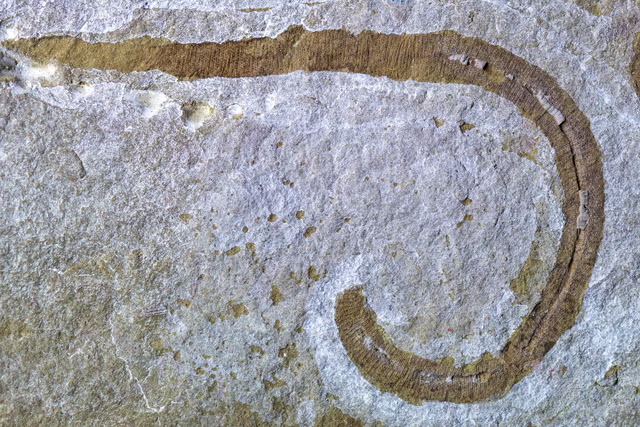The Colorado River is set to lose even more water because of climate change, a study has found.
The new research comes from the Desert Research Institute (DRI), the U.S. Geological Survey and the Lawrence Berkeley National Laboratory and is published in the journal Nature Water. It found that as temperatures rise, groundwater storage depletes rapidly during dry periods and does not fully recover during wet periods. This depletion causes streamflow to be absorbed into the ground rather than flowing into the Colorado River, exacerbating the water crisis.
"We found that groundwater matters a lot," Rosemary Carroll, a DRI research professor of hydrology and the study's lead author, said in a statement. "Even with historically observed wet periods in the model, the groundwater can't come back from a single dry water year under end-of-century warming."
The Colorado River's declining water levels have been of great concern for decades. Life in the Western U.S. exists as we know it only because of the river, which is the lifeblood of the region. But megadrought caused by climate change, coupled with overconsumption of water, has meant the river has reached extremely low levels in recent years.
The river is fed through snowmelt coming down from the mountains of Colorado, Utah and Wyoming. In recent years, scientists have been confused about what exactly is causing these low levels, although climate change is certainly playing a role. In 2021 for example, the Upper Colorado River Basin had 80 percent of the usual snowpack. Yet only 30 percent made its way into streamflow that feeds the river.
The researchers focused on the East River because it is the headwaters of the Colorado River and has extensive weather and water monitoring systems.
Using data from 1987 to 2022, the researchers created a computer model that applied a warming of 4 degrees Celsius (39.2 F) in two ways: constantly over time and seasonally. This warming is based on the expected temperature at the end of the century.
Their model revealed that increased warming leads to severe decreases in groundwater levels that do not recover during wet periods. Seasonal warming showed that hotter summers cause more evaporation, increased plant water use and soil drying, with the largest declines in groundwater levels occurring in dense conifer forests.
"I'm very interested in the relationship of groundwater contributions to streamflow," Carroll said. "That has been a running theme in my research for a long time. A lot of studies indicate that in the short term, groundwater release to streamflow will help buffer drought impacts, but before this study, we didn't have any knowledge on what that would mean over the long haul."
She continued: "I think of groundwater as your savings account. Snowpack is like your checking account; it changes from year to year. Groundwater is a longer-term investment—it can smooth out the really wet and dry years. But if you start consistently reducing that groundwater year after year, then you can no longer modulate those extremes."
The authors note that the new study urges more groundwater management in the Upper Colorado River Basin. It also demonstrates how important groundwater is for life in the West as a whole.
Do you have a tip on a science story that Newsweek should be covering? Do you have a question about the Colorado River? Let us know via science@newsweek.com.
Disclaimer: The copyright of this article belongs to the original author. Reposting this article is solely for the purpose of information dissemination and does not constitute any investment advice. If there is any infringement, please contact us immediately. We will make corrections or deletions as necessary. Thank you.



